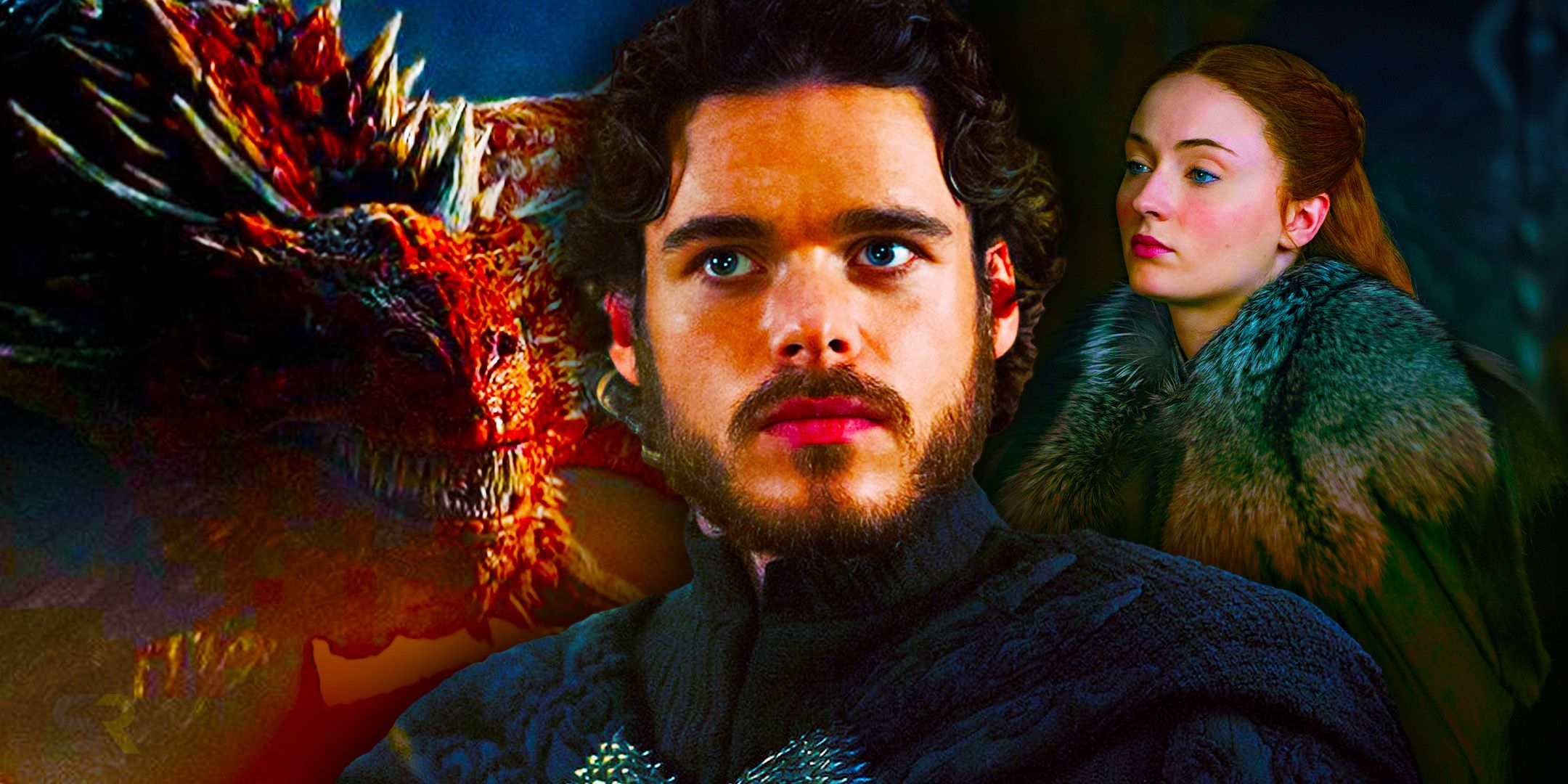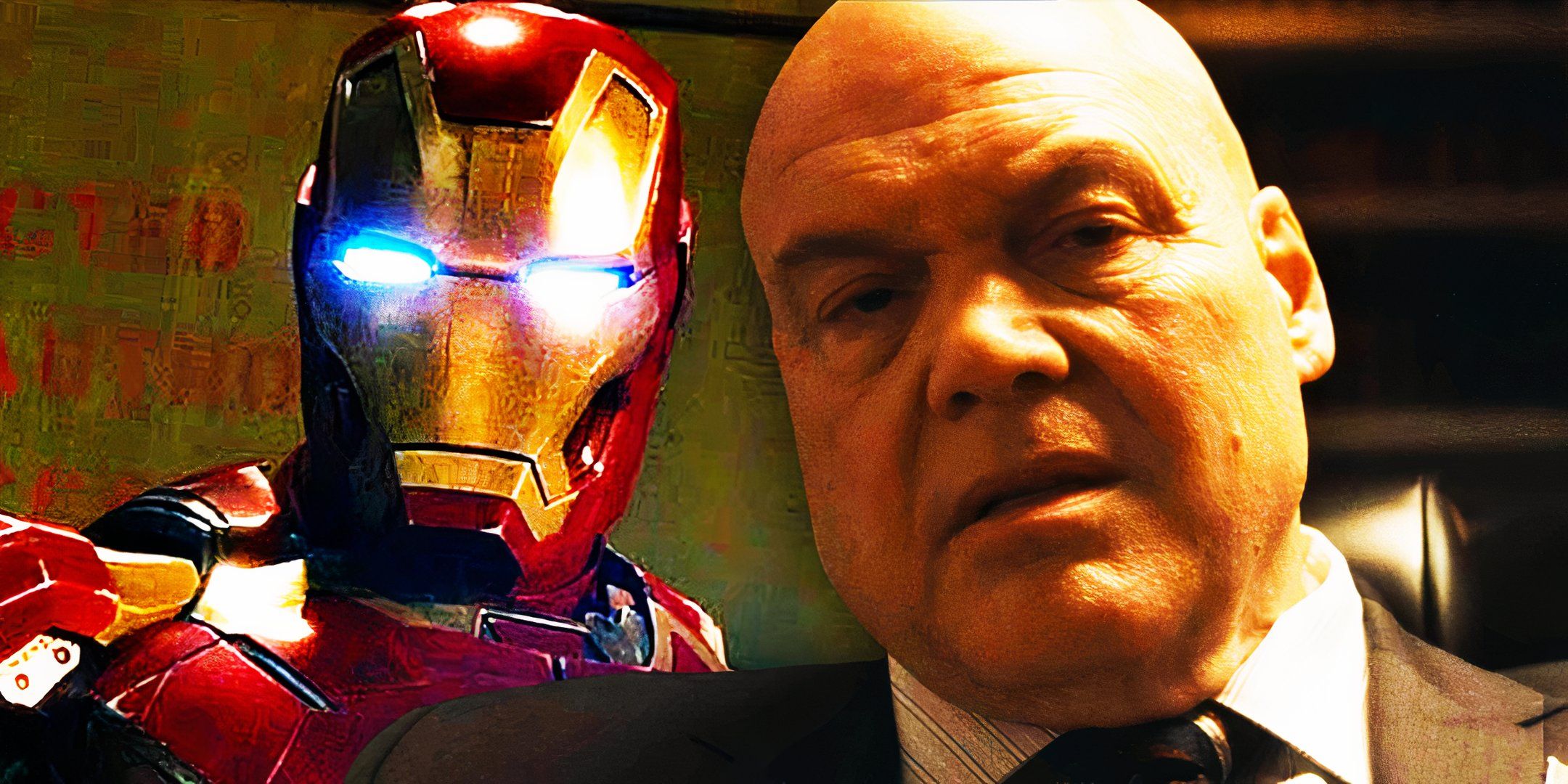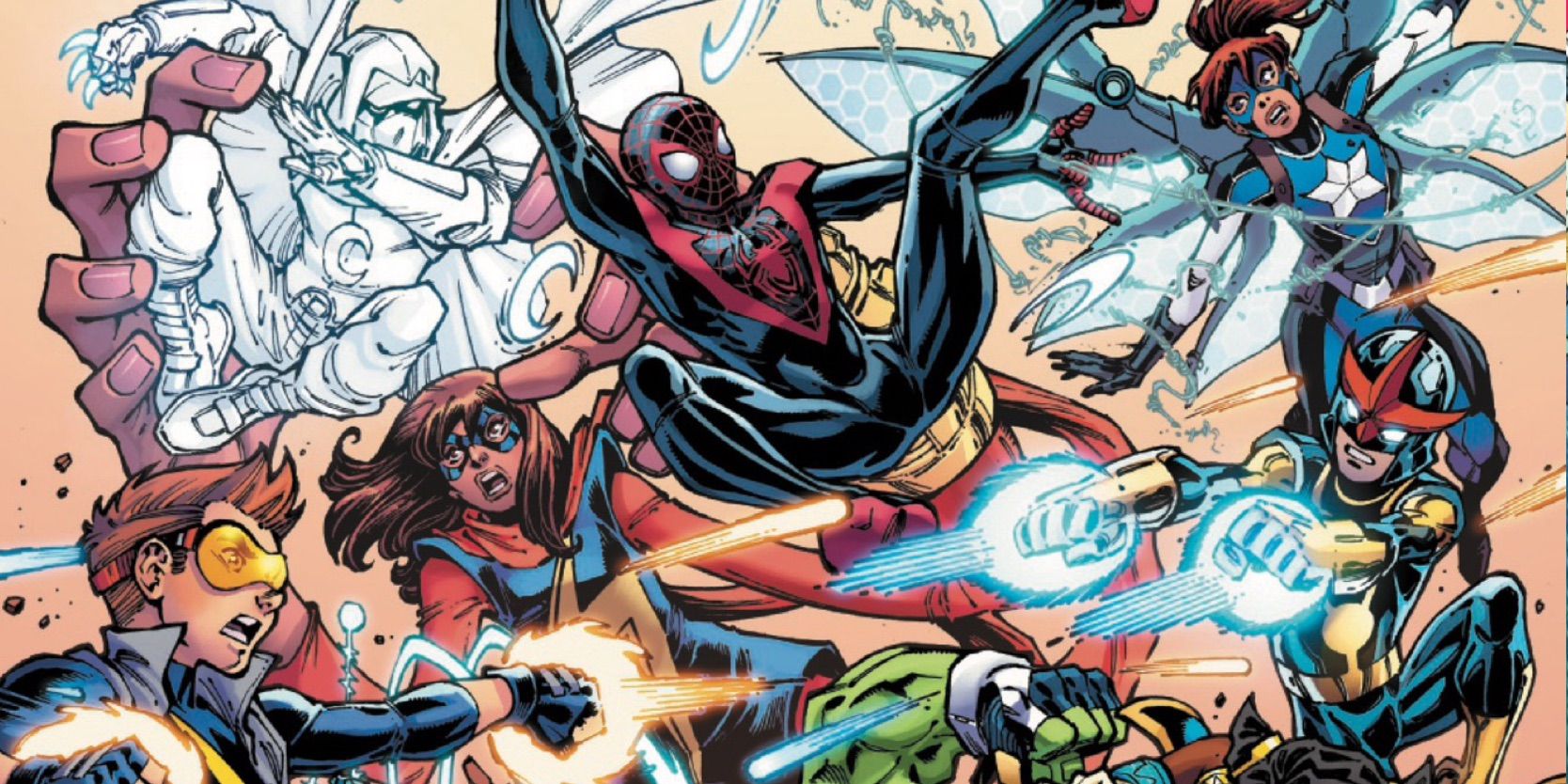House Of The Dragon Reuses One Of The Worst Insults To The Starks
WARNING! This article contains SPOILERS for House of the Dragon season 2, episode 5!
Summary Parading Meleys' head in King's Landing mocks House Targaryen's godly image, similar to the insult against House Stark's direwolves in Game of Thrones.
The smallfolk fleeing King's Landing due to Criston Cole's mistake signals a bad omen, weakening Team Green's dragons and endangering the realm.
Celebrating the death of a dragon backfires for Team Green in House of the Dragon, sparking fear among the people and undermining their power.
The opening sequence of House of the Dragon season 2, episode 5 parallels a tragic insult to House Stark’s sacred beliefs in Game of Thrones. Following Rhaenys Targaryen and Meleys’ deaths in House of the Dragon season 2, episode 4, the following entry begins with Criston Cole and Gwayne Hightower parading the dragon’s severed head through the streets of King’s Landing. While Criston hoped the defeat of the dragon would be met with cheers and excitement by the smallfolk, their response to Team Green’s “victory” disappoints him.
As some of the smallfolk discuss when seeing Meleys’ head, the Targaryens and their dragons are seen as gods by the people. Consequently, seeing Criston Cole mock Meleys’ death and show off her severed head is met with confusion surrounding the creatures typically regarded simultaneously with high praise and fear. As the historical symbol of House Targaryen, the smallfolk are right to be stunned by the notion that a Targaryen king would celebrate the death of one of these creatures. By organizing the procession, Cole makes an insulting mistake similar to one suffered by House Stark in Game of Thrones.
Your browser does not support the video tag.
Parading Meleys' Head In King's Landing Is Similar To Grey Wind On Robb Stark's Body
House Frey Insulted House Stark By Sewing Grey Wind's Head Onto Robb's Body
Close
Celebrating the death of a dragon and parading Meleys’ head through King’s Landing is seen as an affront to the gods and dragonlords. Ultimately, it mocks House Targaryen itself by undermining the godliness of their dragons and the perception of their greater power. This is very similar to House Frey’s insult to House Stark after Game of Thrones’ Red Wedding. After killing Robb Stark, the Freys kill his direwolf Grey Wind, cut off the animal’s head, and sew it onto Robb’s body. The Freys then laugh as they parade the body and head on horseback at the Twins.
Related Every Dragon In House Of The Dragon Explained As war erupts in Westeros, dragons will be sent to battle. Here's a description of every dragon in HBO's House of the Dragon, heading into season 2.
Like the dragons of House Targaryen, the direwolves are a great symbol of House Stark, which are seen as more powerful than other Northern creatures with connections to the First Men. The direwolves’ ancientness and strength make the act of mockingly cutting off their heads a major affront to House Stark, the North’s history, and their sacred symbols. Since Roose Bolton was a Northern lord, permitting this insult to the Starks in Game of Thrones is all the more unforgivable.
House Of The Dragon Season 2's Remaining Episodes Episode # Release Date 6 July 21 7 July 28 8 August 4
Mocking Meleys' Death Backfires For Team Green In House Of The Dragon
The Smallfolk Try To Flee King's Landing After Criston's Procession
Image via Max.
While Arya Stark finally gets revenge against House Frey in Game of Thrones’ season 6 finale, Criston’s mistake regarding Meleys sees more immediate consequences. The smallfolk see parading Meleys’ head as a bad omen, leading many to attempt to flee King’s Landing out of fear. It’s also a counterproductive strategy, as weakening the perception of Team Black’s dragons still works to undermine the strength of Team Green’s own dragons. If the godly dragons and Targaryens are killing one another in House of the Dragon, the rest of the realm sees itself as in grave danger.











COMMENTS